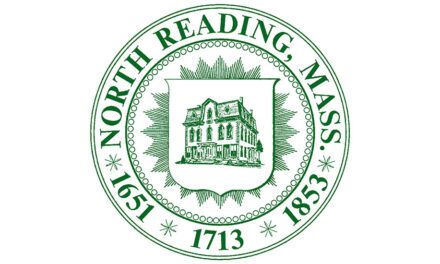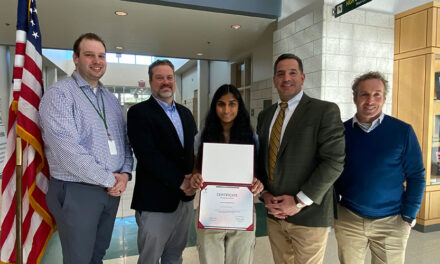Published in the July 13, 2017 edition
By BILL LAFORME
Last week I wrote an editorial citing a few of my favorite Independence Day quotes. With the Fourth now behind us, I’ll focus on a completely unrelated but somewhat popular rite of summer – the annual Twilight Zone marathon they show on cable TV every July 4th.
The Twilight Zone is a personal favorite for several reasons, most notably the originality and creativity that went into the stories. Being creative is a risk, an adventure, and if you do it right, a gift to the world and potentially to the future – it’s far more profitable to be formulaic in this world. Just try listening to the radio or watching a network TV sitcom this week if you don’t believe me.
From a lifetime of conversations with people from all walks of life and all generations, I know that so many of us love this show and will always stop their channel surfing to see which episode is on if they hear Rod Serling’s voice. You, dear reader, could well be one of those people yourself. The Twilight Zone is, believe it or not, one of those American creations that unites people of all generations, regions and perspectives. In this ugly and divided moment in our history, we could all use some reminders of a shared American heritage and humanity. We all literally have about sixty years’ worth of shared re-runs, many with very poignant social messages that remain relevant and insightful to this day – to help us attest to that fact. I bet many people reading this can fondly cite a favorite Twilight Zone episode. Mine include anything involving William Shatner, and the one where they’re trying to determine which person in the restaurant is the alien – with that great twist ending. My all time favorite is probably “Next Stop, Willoughby.” But honestly, I probably have a dozen all-time favorites. Again, maybe you’re one of those people who can relate.
I became a fan of the Twilight Zone maybe around age 11 or 12 in the early 1980s when those long-ago summer vacations afforded their first opportunities to stay up late in the cool nighttime summer air and check out what was then a fairly narrow glimpse for my age group into the wider world. The Twilight Zone (not to mention early “Late Night with David Letterman”) was unlike anything on TV from my perspective – and later over the years, it would become apparent just how many things on TV were actually inspired by the Twilight Zone – or which at least sought to imitate some story angle that was originally done by it.
Reading about Rod Serling provides some insight into the sort of unique character it takes to create truly unique stories at times. As a soldier serving in World War II in the Philippines he would drive commanding officers crazy by reportedly wandering into the enemy-infested jungle for absent-minded walks. During another incident there, the only other Jewish soldier serving with him was killed when a crate of supplies dropped from a passing airplane crashed through the trees while the man was performing a comedy routine for his fellow soldiers, killing him at once. It was those life experiences that helped foster some of the century’s most memorable creativity. In real life, Serling was reportedly an intense, chain smoking man with a quick temper. In other words, he would have fit in quite well as a newspaper person. But I digress.
Still fresh on the heels of our recent high school graduation season, we can also find a lesson in this show for our recent graduates – the idea that those who think outside the box, blaze new trails, and aren’t afraid to wander down a few dark hallways, like Rod Serling and the stories he wrote, are the ones who are still relevant, remembered and beloved many decades from now. Formula, imitation and revision can make people a few bucks today, but it’s also a good ticket to nothing from a more long-term creative perspective. Every generation has its creative types, its writers, painters, musicians, and so on. Originality, passion and creativity provide a certain lifeblood and power for the human spirit. There’s no telling what gifts we may be giving the future when we encourage these creative gifts to grow and develop in our young people.



